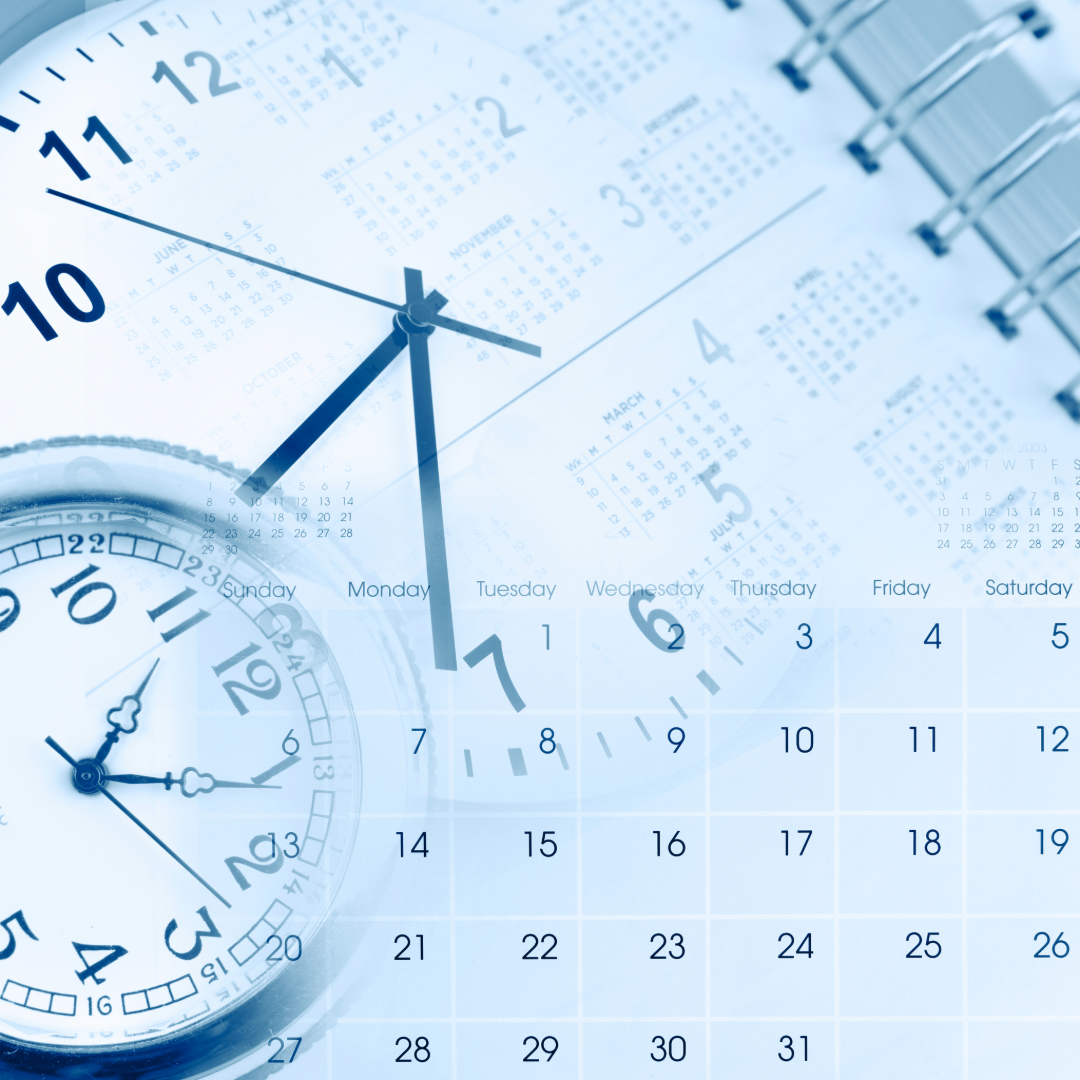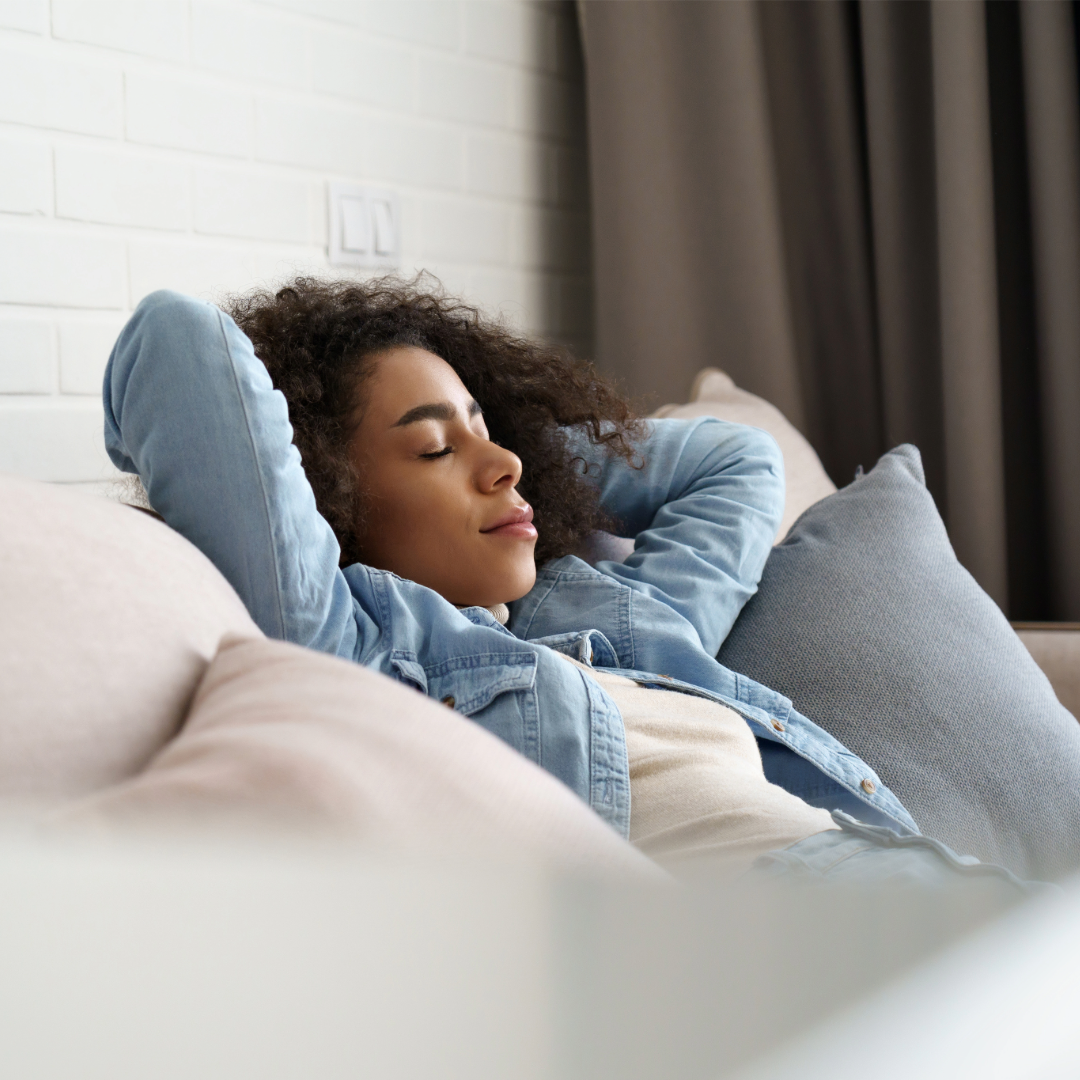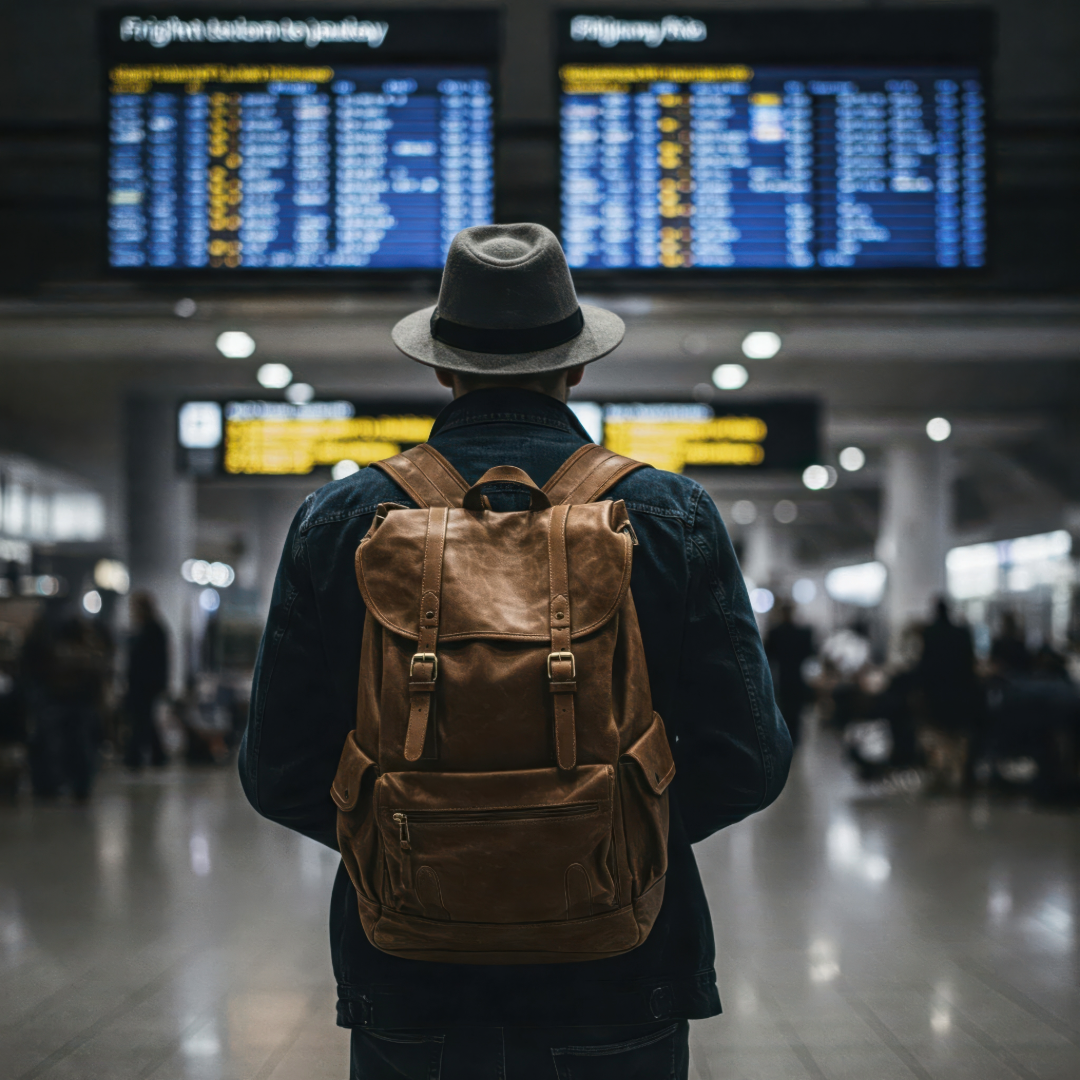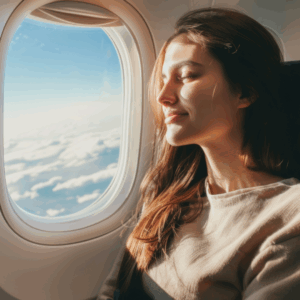
How to Avoid Jet Lag and Adjust to New Time Zones
What Is Jet Lag—and Why Does It Happen?
Jet lag is a temporary sleep disorder caused by quickly crossing multiple time zones. Your internal body clock (circadian rhythm) stays synced to your home time, making it hard to fall asleep, wake up, or function well in your destination’s time zone.
The more time zones you cross—especially flying east—the stronger the symptoms can be: fatigue, irritability, brain fog, digestive issues, and insomnia.
Before You Fly: Start the Adjustment Early

Shift Your Schedule Gradually
Begin adjusting your sleep and wake times by 30–60 minutes each day toward your destination’s local time (especially helpful for long eastbound flights).

Get Plenty of Rest Before Departure
Avoid the “I’ll sleep on the plane” trap. Starting your trip already tired makes jet lag worse.

Stay Hydrated
Begin drinking extra water a day or two before your flight. Dehydration intensifies jet lag symptoms.

Plan Flights Wisely
If possible, arrive in the evening and stay awake until local bedtime. Avoid red-eyes that land early if you can’t sleep on planes.

In-Flight Tips: Time Your Sleep and Light Exposure
-
Change Your Watch to Local Time
As soon as you board, switch your devices to your destination’s time zone to begin mentally adjusting.
-
Try to Sleep Only If It’s Night at Your Destination
Use earplugs, a neck pillow, and a sleep mask. If it’s daytime at your arrival point, try to stay awake.
-
Avoid Caffeine and Alcohol
These disrupt sleep and dehydrate you. Stick to water and light meals.
-
Move Around Mid-Flight
Gentle stretching and walking helps circulation and reduces stiffness and fatigue.
After Arrival: Sync with Local Time ASAP
Get Natural Light Exposure
Sunlight is your best tool to reset your body clock. Go outside in the morning or early afternoon, depending on your direction of travel.
Don’t Nap Too Long
If you must nap, keep it under 30 minutes and set an alarm. Power naps are fine—long naps worsen adjustment.
Eat on a Local Schedule
Your body uses mealtimes to help regulate its rhythm. Try to eat when the locals eat, even if you’re not hungry yet.
Stay Active
Walking, sightseeing, or even light exercise helps keep your energy up and encourages natural fatigue by evening.
Helpful Products to Minimize Jet Lag
Melatonin Supplements
Can help signal your body it’s time to sleep (especially for eastbound travel).
Blue Light Blocking Glasses
Use in the evening to help reduce sleep-disrupting exposure from screens.
Sleep Masks & Earplugs
Essential tools for sleeping during flights or in bright hotel rooms.
Jet Lag
Apps
Use in the evening to help reduce sleep-disrupting exposure from screens.
Travel Smarter with Archer Travel
Whether you’re flying overseas for business or heading out on a once-in-a-lifetime vacation, Archer Travel Service is here to help you travel comfortably and confidently. We can help you plan your itinerary to minimize jet lag and offer expert tips for smoother arrivals.
📞 Talk to a Travel Advisor for Personalized Travel Support | ✉️ Contact Us
